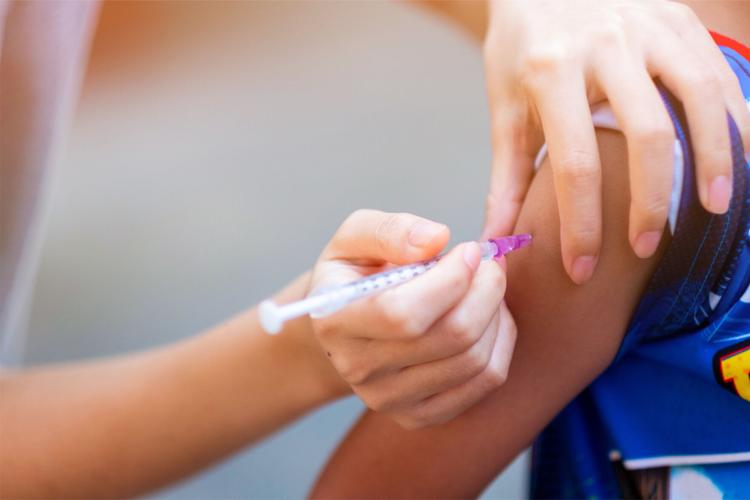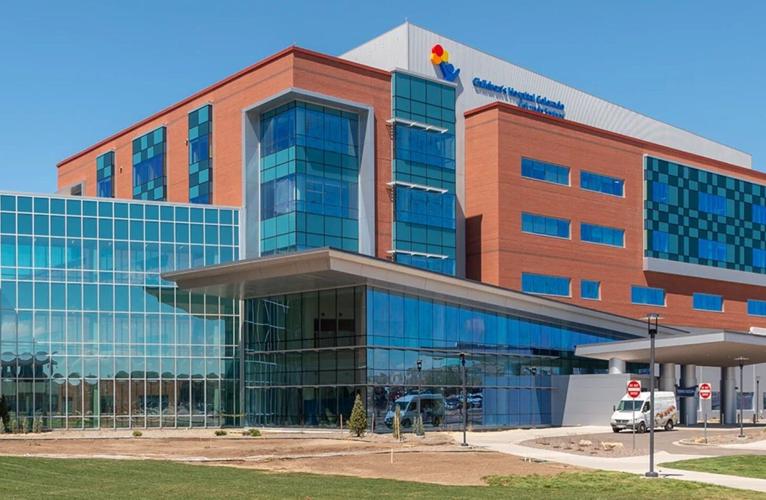‘Walking pneumonia’ cases among children back with a vengeance in Denver
‘Walking pneumonia’ cases — especially among children — are back with a vengeance nationally and in Colorado after a roughly four-year hiatus.
A milder form of pneumonia caused by Mycoplasma pneumoniae, walking pneumonia cases began to re-emerge globally after a prolonged period of low incidence since the start of the COVID-19 pandemic.
“We were kind of waiting and predicting its return,” said Dr. Kevin Messacar, infectious disease specialist at Children’s Hospital Colorado.
Nationally, cases began rising in the spring, according to the Centers for Disease Control and Prevention (CDC).
Colorado started seeing elevated cases in the late summer, peaking in September.
“It’s been around for a while,” Messacar said.
And it’s expected to stick around through the new year.
“It’s on its way down, but still causing significant disease in the community,” Massacar said.
Typically, walking pneumonia occurs in the U.S. in a three-to-seven-year cycle.
As of October, the CDC has seen an increase in the percentage of pneumonia-related emergency department visits showing a discharge diagnosis of Mycoplasma pneumoniae.
There is no treatment.
To prevent spread, the public is encouraged to adopt good hygiene practices and to stay home when sick.
While infections occur at any age, it most often happens among young adults and children between 5 and 17 years of age. Younger children may experience different symptoms such as diarrhea, wheezing or vomiting.
Quantifying the number of cases is tricky.
Because of the general lack of severity — as the name ‘walking pneumonia’ suggests — most people don’t get tested.
Health care providers and laboratories in Colorado are not required to report these cases, although outbreaks are.
“While we have not received recent reports of Mycoplasma pneumoniae outbreaks in Colorado, we have seen increases in Mycoplasma pneumoniae-related emergency room visits in our syndromic surveillance system, although the number of visits identified in this system is still small,” Hope Shuler, a Department of Public Health and Environment spokesperson, said in an email.
While health care providers have no way to prevent infections for walking pneumonia, Messacar does hope — as Colorado heads into peak respiratory season — that people will be vaccinated for other diseases such as the flu and COVID-19.
“We’re hoping we can make a dent in these other diseases,” Messacar said.







